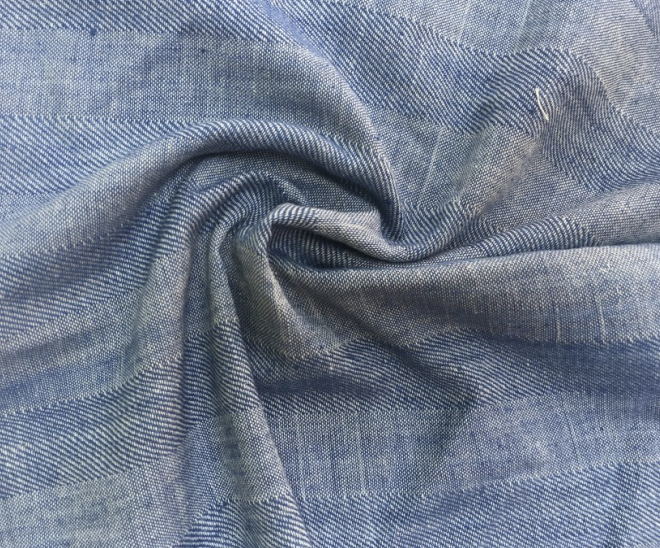When one is making conscious purchasing decisions, there are many keywords that come to mind, such as organic, natural materials, biodegradable. We would like to shed some light on a category of products that stray from the typical description of sustainable, which are upcycled goods. Upcycling, which is also known as creative reuse, is taking a product or material that has fulfilled its intended purpose, and transforming it into something new that has greater value and extends the lifetime of the original material. By reducing waste and repurposing materials, even products made with plastic and other man-made components can benefit the planet and become great additions to your wardrobe, home, and lifestyle.
Here are some of our favorite upcycled materials:
- Tires
Tire waste causes environmental issues for many reasons. They cause problems in landfills due to their round shape which takes up space and prevents other materials from decomposing. They often trap gasses like methane which bubble up to the surface of landfills, which causes damage to landfill liners and creates ideal space for mosquitos and disease carrying-animals to breed. When they are burned outdoors for disposal, they release thick smoke that contains toxic chemicals. The silver lining? Of the 290 million tires that are discarded in the United States yearly, over 80% are reused or recycled. Artisans and craftsmen make products such as furniture, planters, and jewelry out of a variety of tires giving new life to this material and protecting the environment in the process.
- Plastic bottles
It is common knowledge that single use plastics are detrimental to our ecosystem. In the United States alone, 35 billion plastic bottles are discarded annually. Only 25% of these bottles are recycled. However, innovative organizations are working to increase these numbers. Through a process that heats the plastic and changes it into tiny fibers, plastic yarn is created. This yarn can be transformed into a number of products, including apparel and accessories, that are both durable and eco-friendly.

- Fishing Line
Fishing lines and ghost nets (nets that are lost or abandoned) pose one of the greatest threats to our oceans and marine wildlife. Over 640,000 tons of line and nets are dumped into the ocean yearly. This causes serious problems for marine animals who can be caught in the line or ingest it, and is detrimental to coral reefs. Fishing lines and ghost nets can be repurposed to make a variety of long lasting and strong products due to its composition of mainly plastic and nylon, such as apparel, footwear, and lifestyle accessories.
- Deadstock Fabric
Deadstock fabric is the surplus fabric from mills that is not needed by the brands that placed the order. This fabric is typically saved by fashion brands for a short period of time, and is then sent to landfill, majorly contributing to the 11.2 million tons of textile waste ending up in landfills annually. This is particularly problematic because it takes most textiles and fabrics over 200 years to decompose. Luckily, many different brands are making use of deadstock fabric to make collections that are a limited batch or one of a kind, creating beautiful work that revitalizes otherwise waste materials.
- Artillery shells and scrap metal
Many nations around the world are plagued by a solemn type of pollutant: bullets and related scrap metal dating back decades that bring with them the memory of painful wars past. In countries such as Ethiopia, Cambodia, and Laos, farmers will find bullets and other war-related scrap metals while working in their fields, which are then melted down and turned into products such as jewelry and accessories. By recovering these materials, farmers and artisans gain additional income while sending a powerful message of healing from past conflict.
Next time you are shopping, shake up your routine and keep an eye out for upcycled products! Do you have a topic you want to learn more about? Share it with us! We’ll give you a shout-out for your idea, and you’ll benefit the Flourish community by broadening our lens on living consciously.








